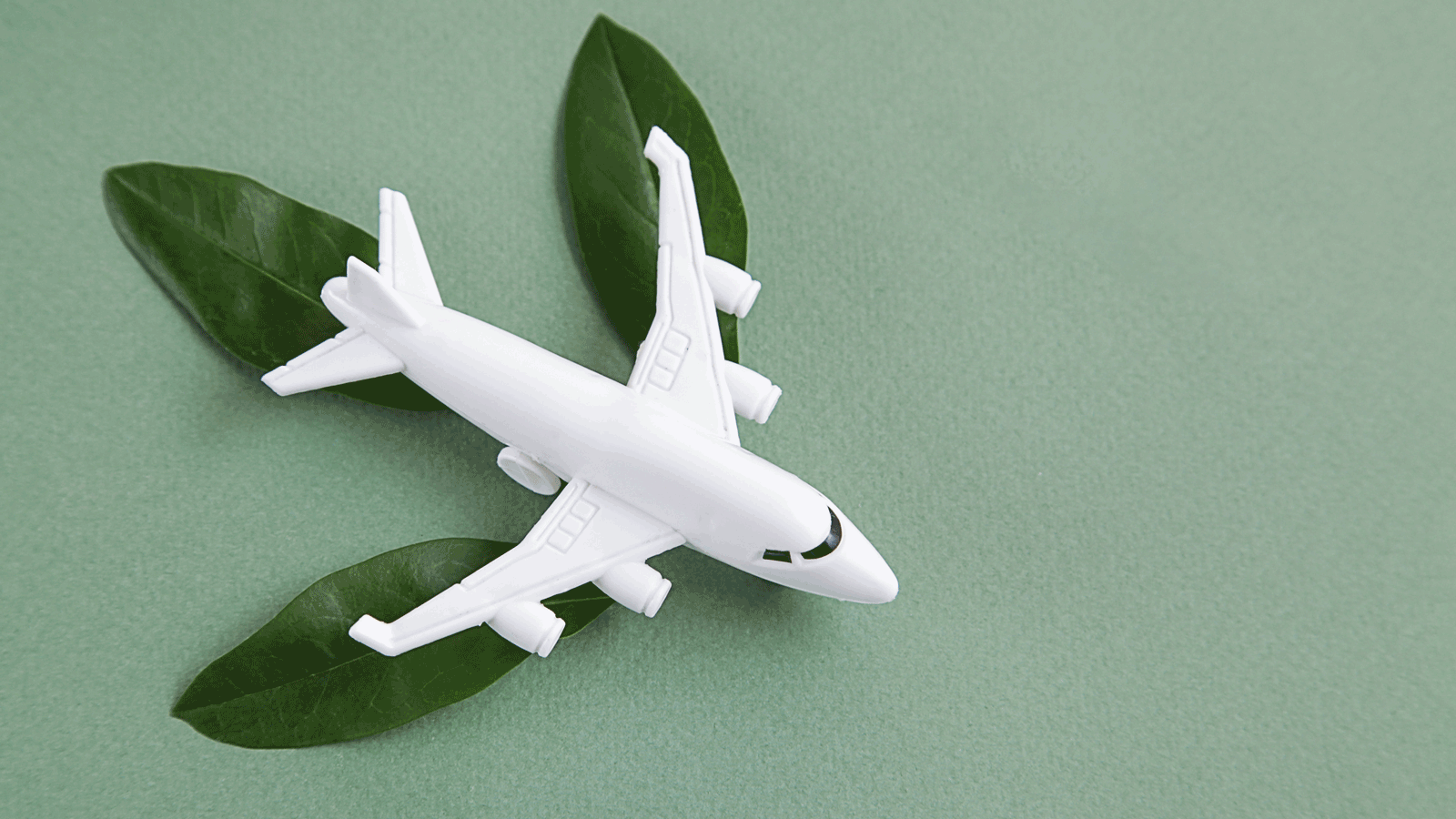
By Tanya Weaver, Wed 1 May 2024
Collected at : https://eandt.theiet.org/2024/05/01/researchers-find-way-convert-methane-emissions-landfill-sustainable-jet-fuel
A chemical process using non-thermal plasma could contribute to a circular economy by converting methane emissions from landfill into sustainable jet fuel, according to new research.
As organic waste decomposes in landfills, it releases a great deal of CO2 and methane. Methane is a potent greenhouse gas that traps 86 times more heat in the atmosphere than CO2 over 20 years.
Emissions from unmanaged landfills are set to double by 2050 as urban populations grow, which could seriously affect global warming. Indeed, satellite data has revealed that 1,256 methane super-emitter events from landfills occurred between January 2019 and June 2023 .
However, researchers at the University of Sydney have potentially found a use for all this methane gas in a chemical process that uses non-thermal plasma.
The process works by extracting and capturing methane from a landfill site in what is known as a methane well, which uses a shaft-like mechanism to extract gases.
The plasma, powered by electricity from renewable energy, excites the gas at both a low temperature and atmospheric pressure.
“Essentially, this approach facilitates the conversion of the gas into value-added products by inducing plasma discharge within forming gas bubbles,” explained Professor PJ Cullen from the University of Sydney’s School of Chemical and Biomolecular Engineering and Net Zero Initiative. “The process doesn’t require heat or pressure, meaning it requires less energy, making it highly compatible with renewable energy power sources.”
For instance, this process could be used in industries that are difficult to electrify, such as aviation. In this instance, methane could be converted into sustainable jet fuel, which could contribute to a low-carbon aviation industry.
According to the researchers, creating a “closed-loop” fuel based on existing emissions would eliminate the need for traditional and sustainable jet fuels, which add further emissions into the atmosphere.
“Modern landfill facilities already capture, upgrade and combust their gas emissions for electricity generation; however, our process creates a much more environmentally impactful and commercially valuable product,” said Cullen.
The aviation industry is under pressure to find ways to decarbonise. But a survey carried out by GE Aerospace last year found that the majority of aviation experts are not convinced that the sector will become carbon neutral by the stated 2050 goal.
The UK government is very much setting the sector on a decarbonisation flight plan. Last week, it confirmed that the sustainable aviation fuel mandate will come into force in January 2025, which requires at least 10% of all jet fuel in flights taking off from the UK to come from sustainable feedstocks by 2030.

Leave a Reply